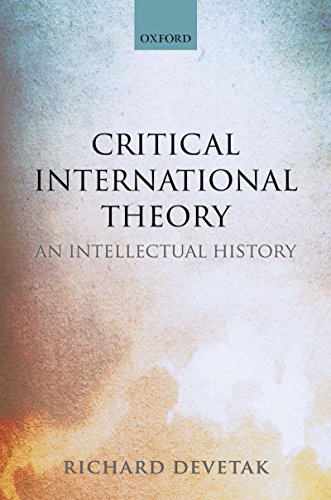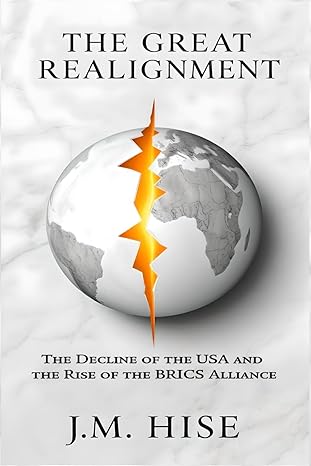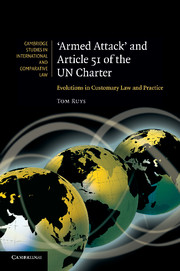Whether inspired by the Frankfurt School or Antonio Gramsci, the impact of critical theory on the study of international relations has grown considerably since its advent in the early 1980s. This book offers the first intellectual history of critical international theory.
Richard Devetak approaches this history by locating its emergence in the rising prestige of theory and the theoretical persona. As theory's prestige rose in the discipline of international relations it opened the way for normative and metatheoretical reconsiderations of the discipline and the world. The book traces the lines of intellectual inheritance through the Frankfurt School to the Enlightenment, German idealism, and historical materialism, to reveal the construction of a particular kind of intellectual persona: the critical international theorist who has mastered reflexive, dialectical forms of social philosophy. . In addition to the extensive treatment of critical theory's reception and development in international relations, the book recovers a rival form of theory that originates outside the usual inheritance of critical international theory in Renaissance humanism and the civil Enlightenment. This historical mode of theorising was intended to combat metaphysical encroachments on politics and international relations and to prioritise the mundane demands of civil government over the self-reflective demands of dialectical social philosophies. By proposing contextualist intellectual history as a form of critical theory, Critical International Theory defends a mode of historical critique that refuses the normative temptations to project present conceptions onto an alien past, and to abstract from the offices of civil government.
چکیده فارسی
چه از مکتب فرانکفورت الهام گرفته شده باشد و چه آنتونیو گرامشی، تأثیر نظریه انتقادی بر مطالعه روابط بین الملل از زمان ظهور آن در اوایل دهه 1980 به طور قابل توجهی افزایش یافته است. این کتاب اولین تاریخ فکری نظریه انتقادی بین المللی را ارائه می دهد.
ریچارد دوتاک با قرار دادن ظهور آن در اعتبار رو به رشد نظریه و شخصیت تئوریک به این تاریخ نزدیک می شود. با افزایش اعتبار نظریه در رشته روابط بینالملل، راه را برای بازنگریهای هنجاری و فرانظری این رشته و جهان باز کرد. این کتاب خطوط وراثت فکری را از طریق مکتب فرانکفورت تا روشنگری، ایدهآلیسم آلمانی و ماتریالیسم تاریخی دنبال میکند تا ساخت نوع خاصی از شخصیت روشنفکر را آشکار کند: نظریهپرداز منتقد بینالمللی که بر اشکال بازتابی و دیالکتیکی فلسفه اجتماعی تسلط دارد. . علاوه بر پرداختن گسترده به دریافت و توسعه نظریه انتقادی در روابط بینالملل، این کتاب شکل رقیب نظریه را بازیابی میکند که خارج از میراث معمول نظریه انتقادی بینالمللی در اومانیسم رنسانس و روشنگری مدنی سرچشمه میگیرد. هدف این شیوه تاریخی نظریهپردازی، مبارزه با تجاوزات متافیزیکی به سیاست و روابط بینالملل و اولویت دادن به خواستههای دنیوی دولت مدنی بر خواستههای خود انعکاسی فلسفههای اجتماعی دیالکتیکی بود. با پیشنهاد تاریخ فکری زمینهگرا بهعنوان شکلی از نظریه انتقادی، نظریه بینالملل انتقادی از شیوهای از نقد تاریخی دفاع میکند که از وسوسههای هنجاری برای طرح مفاهیم کنونی بر گذشتهای بیگانه و انتزاع از مقامات مدنی سرباز میزند. دولت.
ادامه ...
بستن ...
Ebook details:
عنوان: Critical International Theory: An Intellectual History
نویسنده: Devetak, Richard
ناشر: 9.3 x 0.9 x 6.4 inches
زبان: Oxford University Press (September 19, 2018)
شابک: 0198823568, 978-0198823568
حجم: 2 Mb
فرمت: Original PDF
ادامه ...
بستن ...










